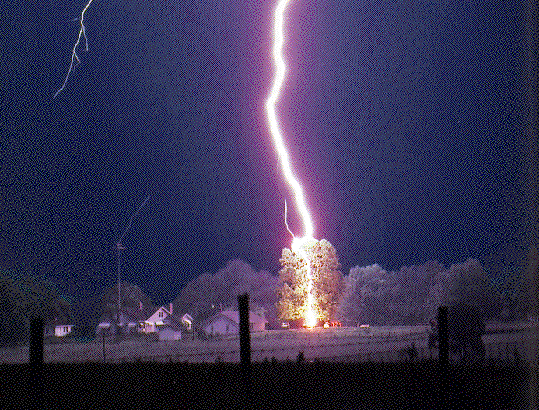|
What Can Amateur Radio
Operators
Do?
Ham radio operators use two-way radio stations from their homes, cars, boats and outdoors to make hundreds of friends
around town and around the world. They communicate with each other using voice, computers, and Morse code. Some hams bounce
their signals off the upper regions of the atmosphere, so they can talk with hams on the other side of the world. Other hams
use satellites. Many use hand-held radios that fit in their pockets. Hams exchange pictures of each other using television.
Some also like to work on electronic circuits, building their own radios and antennas. A few pioneers in Amateur Radio have
even contributed to advances in technology that we all enjoy today. There are even ham-astronauts who take radios with them
on the International Space Station and thrill thousands of hams on earth with a call from space!
Using even the simplest of radio setups and antennas, amateurs communicate
with each other for fun, during emergencies, and even in contests. They handle messages for police and other public service
organizations during all kinds of emergencies including:
- Hurricanes
- Earthquakes
- Tornadoes and floods
- Motorist accidents
- Fires and chemical spills
- Search
and rescues
|

Where Do I Start?
The
most popular license for beginners is the Technician Class license, which requires only a 35 multiple-choice question written
examination. The test is written with the beginner in mind. Morse Code is not required for this license. With a Technician
Class license, you will have all ham radio privileges above 30 megahertz (MHz). These privileges include the very popular
2-meter band. Many Technician licensees enjoy using small (2 meter) hand-held radios to stay in touch with other hams in their
area. Technicians may operate FM voice, digital packet (computers), television, single-sideband voice and several other interesting
modes. You can even make international radio contacts via satellites, using relatively simple equipment.
Getting started in Amateur Radio has never been easier. First, locate a radio club in your area. Some radio clubs offer ham radio licensing classes, or they can find a club volunteer to
answer your questions. You may even be invited to attend a local radio club meeting.
Do you learn best from a manual, a teaching videotape, an in-person course or an on-line
course? Which of these choices will fit better into your busy schedule? You can choose what will work best for you because
ARRL has it all! ARRL produces popular ham radio license study guides, fast-paced learning videos, and even a brand new on-line course. You'll learn the things you need to pass the license exam and have fun with Amateur Radio.
The Amateur Radio license examinations are administered
by ham radio volunteers. When you're ready to take your exam, you'll need to locate an exam session near you
Benefits of joining
There are several benefits to becoming a member of our organization. Our members are close friends and we have a great time
when we get together. Of course we also have a common interest, and we hope to further our cause.
|
